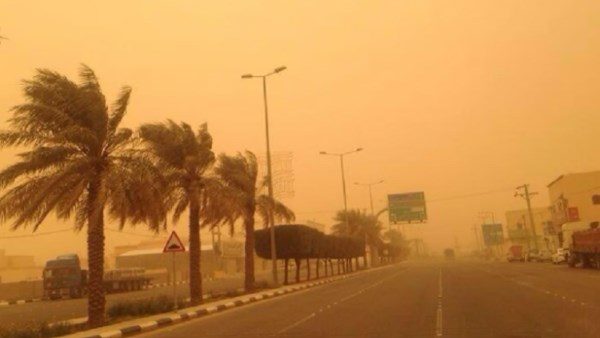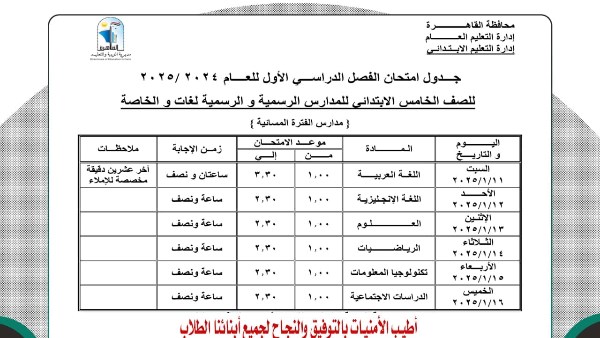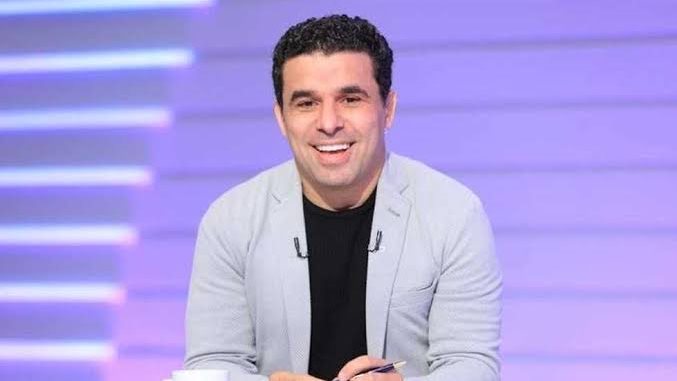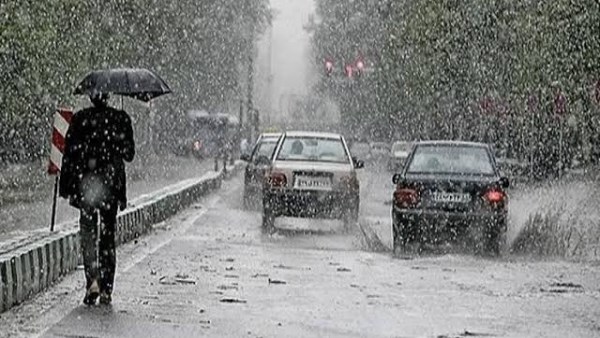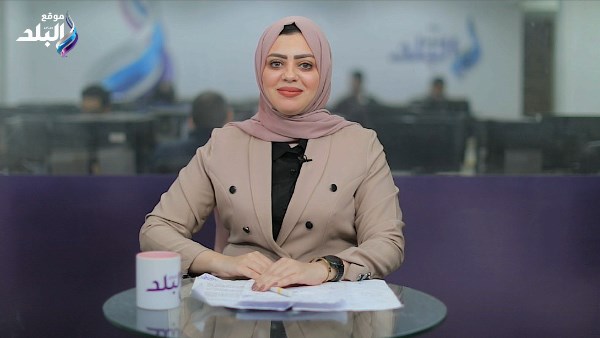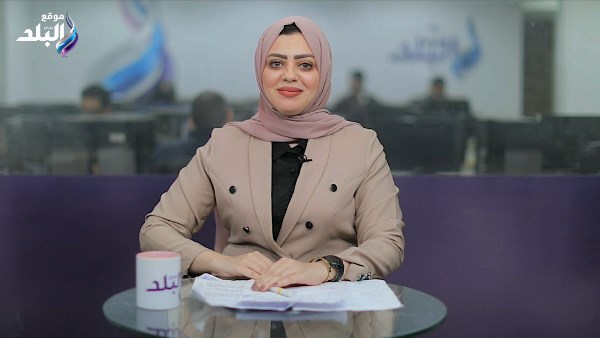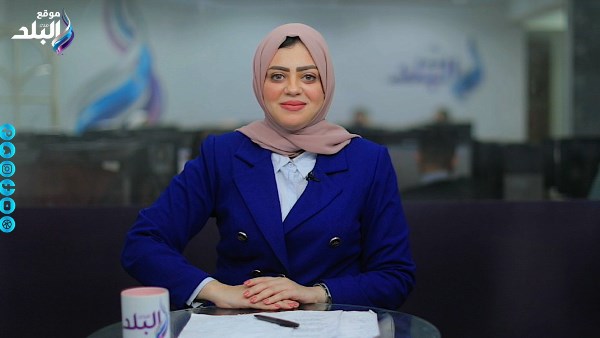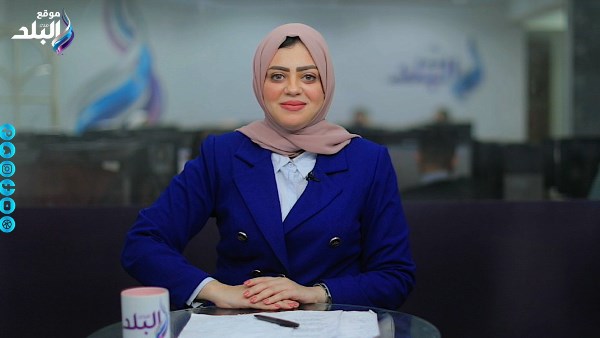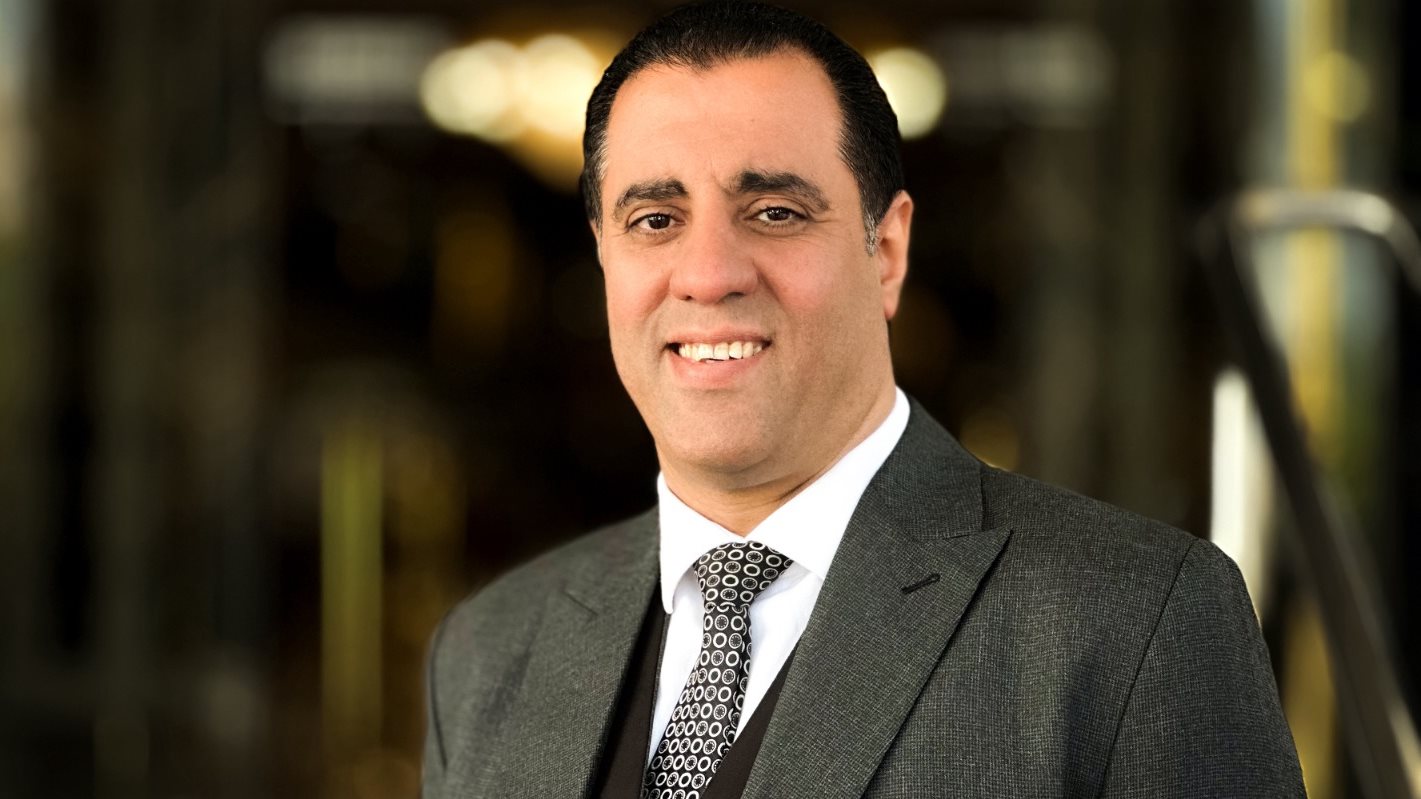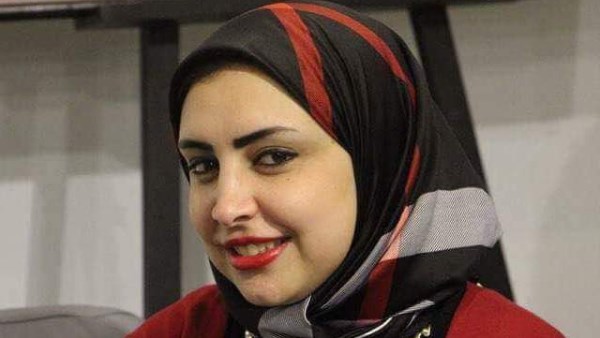Edited by : Rehab Sayed
The United States is asking European countries to supply arms and ammunition to Kurdish forces fighting ISIL in Iraq, U.S. and European officials said, signaling a widening of the international role in the conflict.
The United States has requested the arms in telephone calls with several European countries, the U.S. officials said, seeking help for Peshmerga fighters of Iraq's semi-autonomous Kurdish region who are struggling against better-armed militants of the self-styled ISIL.
Several European countries announced on Wednesday plans to send arms or ammunition: France will supply arms "in the coming hours" in response to a request from Iraq's Kurdish leadership, President Francois Hollande's office said. It did not say what kinds of weapons France would provide.
One U.S. official briefed on the Obama administration's plans said the United States is coordinating efforts by various allies including Britain, France and Germany to acquire and deliver arms, initially ammunition for non-U.S. weapons such as the AK-47 assault rifles that are widely used by the Kurds.
The American diplomatic outreach underlines a preference in Washington to work within an international coalition to help the Kurds as they fend off the onslaught from the fighters who have captured large areas of northwest Iraq.
The Czech government is looking for ways to supply weapons to the Kurds, possibly through private companies, Czech Foreign Minister Lubomir Zaoralek was quoted by local newspaper Hospodarske Noviny as saying on Wednesday.
An Italian government official said the push to supply military aid to the Kurds "is coming from the Americans, but also the Kurds themselves. The British are pushing a lot, too."
Italian military aid requires parliamentary approval. The president of the Italian Senate Foreign Affairs Committee, Pier Ferdinando Casini, said on Tuesday parliament can be called back from summer recess "in a matter of hours" if necessary.
The U.S. requests follow last week's launch of the first American air strikes in Iraq since U.S. troops withdrew in 2011. They illustrate a possible deepening of a conflict Washington had hoped to avoid but which has gathered momentum.
Another U.S. official said talks were also under way with Arab countries on supplying munitions to the Kurds.
OUTGUNNED
European Union ambassadors meeting in Brussels on Tuesday gave a green light for individual governments to send arms under set conditions.
The Kurdish Peshmerga fighters have a reputation as a formidable force in their mountainous homeland, but their ammunition stocks are low and they have been seriously outgunned.
They are urgently seeking ammunition for AK-47s, mortars and rocket-propelled grenade launchers to confront the insurgents, who have captured equipment from fleeing Iraqi army forces, including U.S.-made armored Humvees and personnel carriers.
The U.S. Central Intelligence Agency has secretly sent small shipments of U.S. arms to the Kurds in recent days. The Pentagon is preparing to expand that effort, U.S. officials said.
British Prime Minister David Cameron said Britain had agreed to transport from other contributing states some critical military re-supplies for the Kurdish forces. A European official said this would include night-vision devices and body armor.
"What they want is ammunition and weapons like they have been using and so that's what's being delivered to them," the official said.
German Defence Minister Ursula von der Leyen said on Wednesday that shipments from Germany include non-lethal military equipment, such as helmets and protective vests.
Iraqi Kurdish President Masoud Barzani on Sunday asked the international community to provide the Kurds with weapons to help them fight the ISIL, whose dramatic storming of eastern Syria and western Iraq has startled world powers.
U.S. Secretary of State John Kerry said on Tuesday the United States will consider additional military, economic and political assistance to Iraq once a new inclusive government is formed, urging Iraq's newly named Prime Minister Haider al-Abadi to demonstrate resolve.
U.S. officials rule out sending U.S. combat troops to Iraq but are carrying out a series of air strikes against ISIL positions to weaken their advance on Kurdistan and break the siege of a mountain where thousands of civilians have fled.








